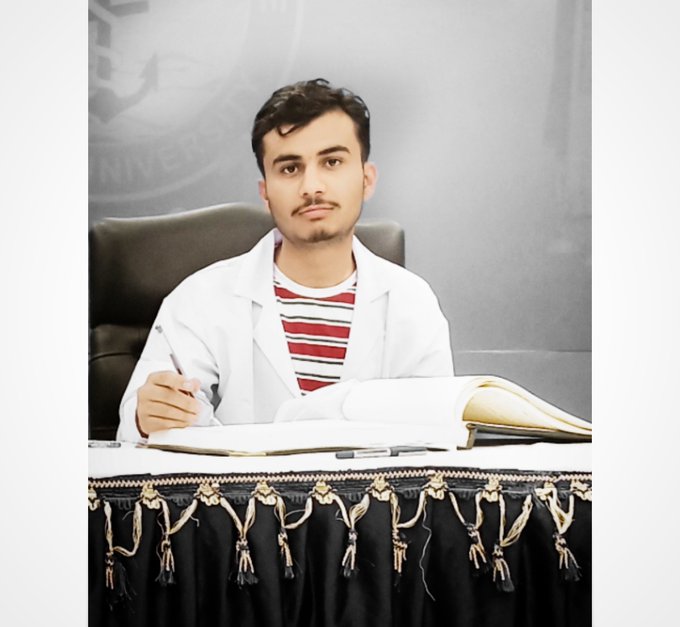
Russia-Ukraine War: It is not easy to study abroad and study in india, know about FMGE, one of the toughest tests. FMGE i.e. Foreign Medical Graduates Examination is conducted by NBE (National Examination Board) twice every year.

In the midst of the ongoing war between the UK and Russia, discussions are going on about indian students. Not only UK but there are many other countries where students from india are currently pursuing medical studies.
The main reason for this is the failure of NEET exam, which is considered to be one of the toughest exams in the country and the cheap studies available abroad. However, it is not possible for students who have completed their studies abroad to be allowed to do doctorate directly in India.

For this, students have to clear the FMGE (Foreign Medical Graduates Examination). amar Ujala is telling you about the complete process of this exam and its result.
For all the students who study medicine from a foreign college, it is mandatory for them to pass this exam for higher education and medicine (practicing) in India. To be successful in the exam, students have to secure a minimum of 50% marks. students who pass this exam are provided permanent registration by the Medical Council of india (MCI).

These countries have been granted an exception.
In most countries, students who have completed a medical degree are obliged to pass the FMGE exam. In other nations, however, students who have completed their studies are excluded from taking the exam. Australia, Canada, New Zealand, the United Kingdom, and the united states of America are the countries in question.
Why is FMGE exam important?
Many experts tell that for medical studies abroad, the universities there do not organize any difficult examination like NEET. In india, successful students in the NEET exam are also admitted to medical colleges only after getting a good rank.

However, only clearing the NEET exam is enough to get admission in foreign universities. On the other hand, there is a huge difference between the infrastructure of India's health system and its requirements in the foreign system.
The conditions in india are also different in comparison to the population there, seasonal diseases etc. All these factors add to the necessity of the FMGE exam.
Which countries do you like?
The first choice of students going for medical studies abroad are mainly countries like China, Russia, ukraine and Nepal. The reason for this is that medical education is more affordable in these countries than in India.

However, the failure percentage of students studying in these major countries is also high. students studying in countries like France, kenya have achieved success in FMG in higher percentage.
What is the success percentage in FMGE?
Looking at the success percentage of students who appeared in the FMGE i.e. Foreign Medical Graduates Examination conducted by NBE, the results look worrying.
If we look at the statistics, then about 80 percent of the students who appear in the FMGE exam after studying from foreign colleges are not successful.

What is the main problem?
When students go outside the country to get education, the students not only face problems, but also the country has to face economic losses. Along with this, repeated failures in FMGE also disturbs the students who complete their studies by spending huge amount.
At present the number of medical colleges in india is close to 600 and there are around 1.5 lakh seats available. At the same time, if we talk about the year 2021, then more than 16 lakh students had applied for the NEET UG exam.
This figure is enough to explain why students are moving abroad in large numbers. As a result, there is a huge shortage of doctors in the country as compared to the requirement of the population.
What can be the remedies?
If the central and the governments of different states want, then the solution of this problem is not too difficult. By increasing the number of government medical colleges within the country, students can be prevented from going out.
Along with this, this problem can also be controlled by controlling the fees of private institutions and banning donations. Along with this, MoUs can also be done in the field of medical education with different countries, so that courses can be exchanged.
The National Medical Commission is soon going to conduct the NEXT (National Exit Test) Eligibility cum Entrance Test for admission to postgraduate courses and requirement of practicing license. students who have completed their studies from abroad will also be given eligibility through this examination.




 click and follow Indiaherald WhatsApp channel
click and follow Indiaherald WhatsApp channel